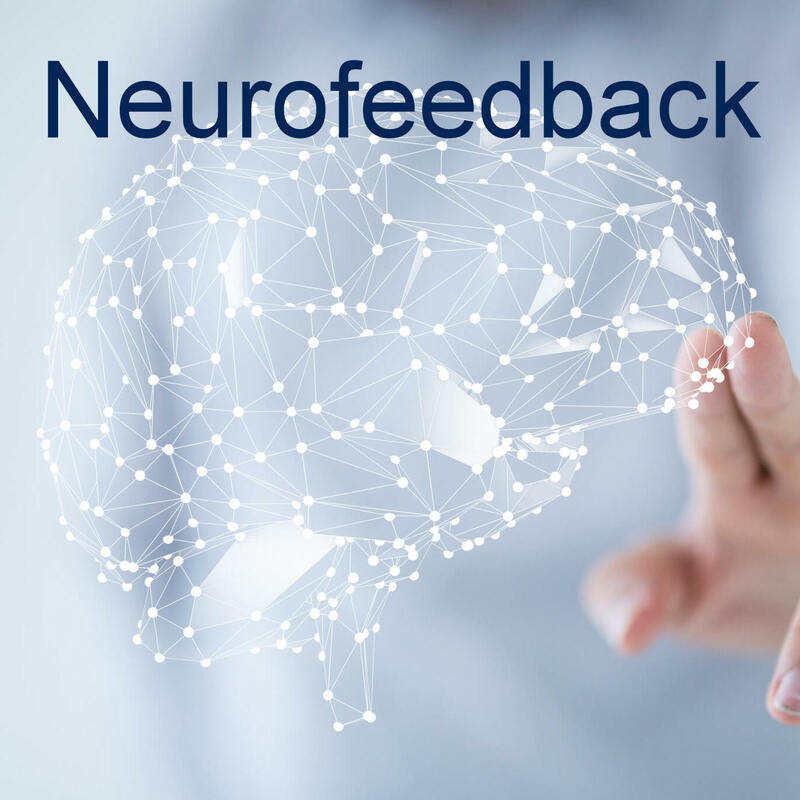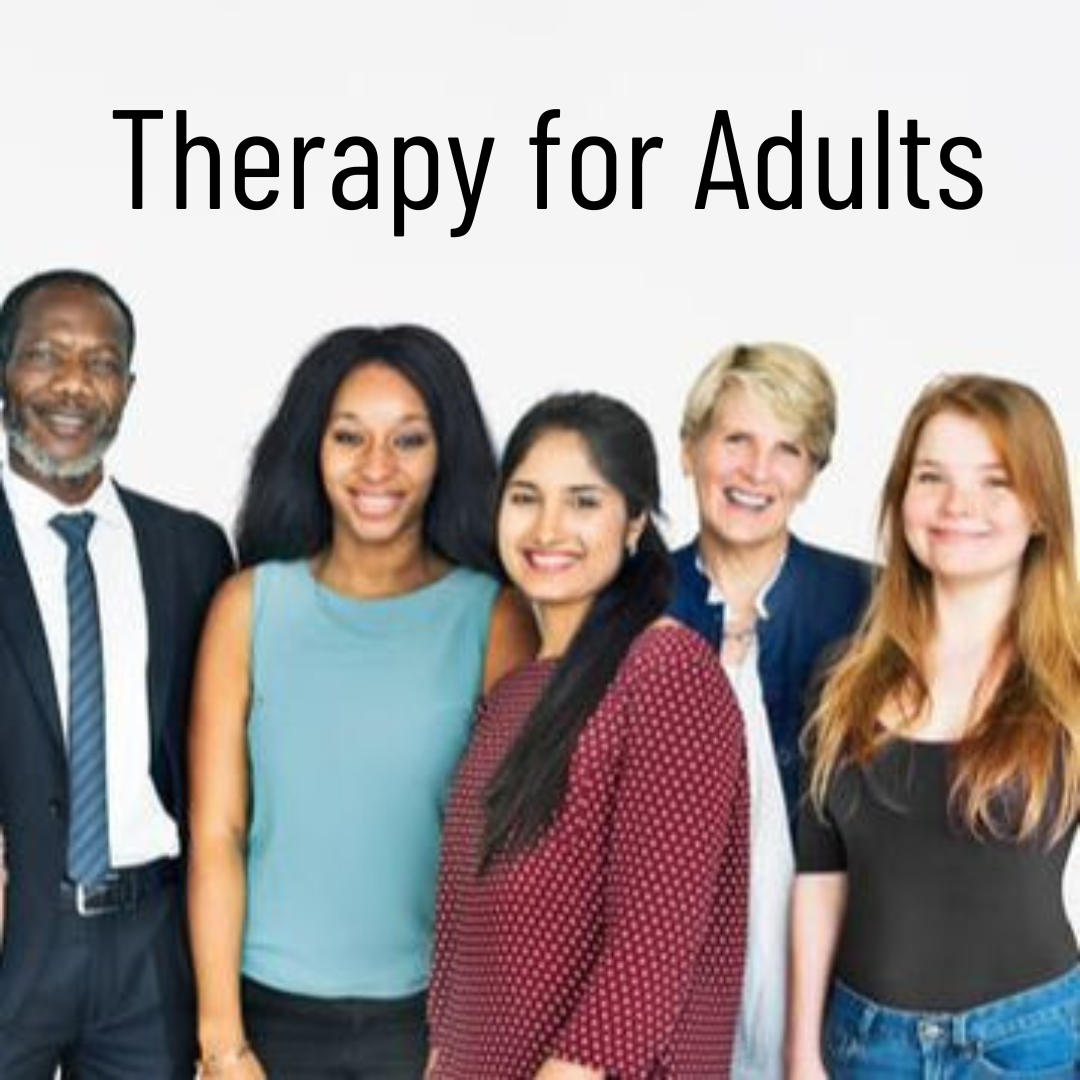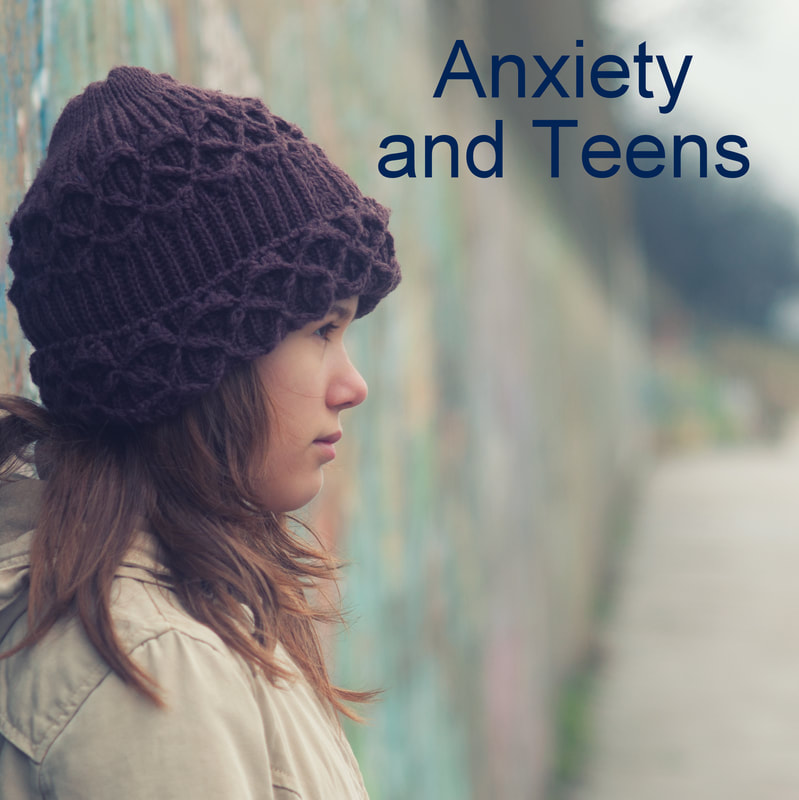|
by Andrea Panebianco, MS In the late 1900’s Urie Bronfenbrenner recognized how impactful our environment is on our mental and emotional functioning. This assertion, however, did not only include our immediate surroundings. Instead, Bronfenbrenner’s Ecological Systems Theory includes five interconnected levels of environmental surroundings which impact us as individuals (The Psychology Notes Headquarters, 2019). These levels include the:
These systems, while seemingly separate or insignificant, actually have a great influence on how we behave, feel, and interact with others. As mental health providers, Bronfenbrenner’s Ecological Systems Theory is a theory that is helpful when considering our clients’ unique challenges. We must think about the context of someone’s life, from their immediate surroundings to their community’s functioning. By doing this, we can create a deeper understanding of our clients and their presenting issues.
However, this theory is not only important for mental health providers; this is an approach to use with loved ones, peers, and even ourselves. We do not live in isolation. Rather, we thrive in communities and are impacted by the actions of others. We are impacted by overarching social systems and are affected even by the year in which we live. For this reason, it is important to consider our behavior—and the behavior of others—through a wider lens, one which leads to a broader picture of someone’s surroundings. Resources: What is Bronfenbrenner’s Ecological Systems Theory? (2019, May 3). The Psychology Notes Headquarters. https://www.psychologynoteshq.com/bronfenbrenner-ecological-theory/
0 Comments
Leave a Reply. |
Archives
October 2023
Categories
All
|


















